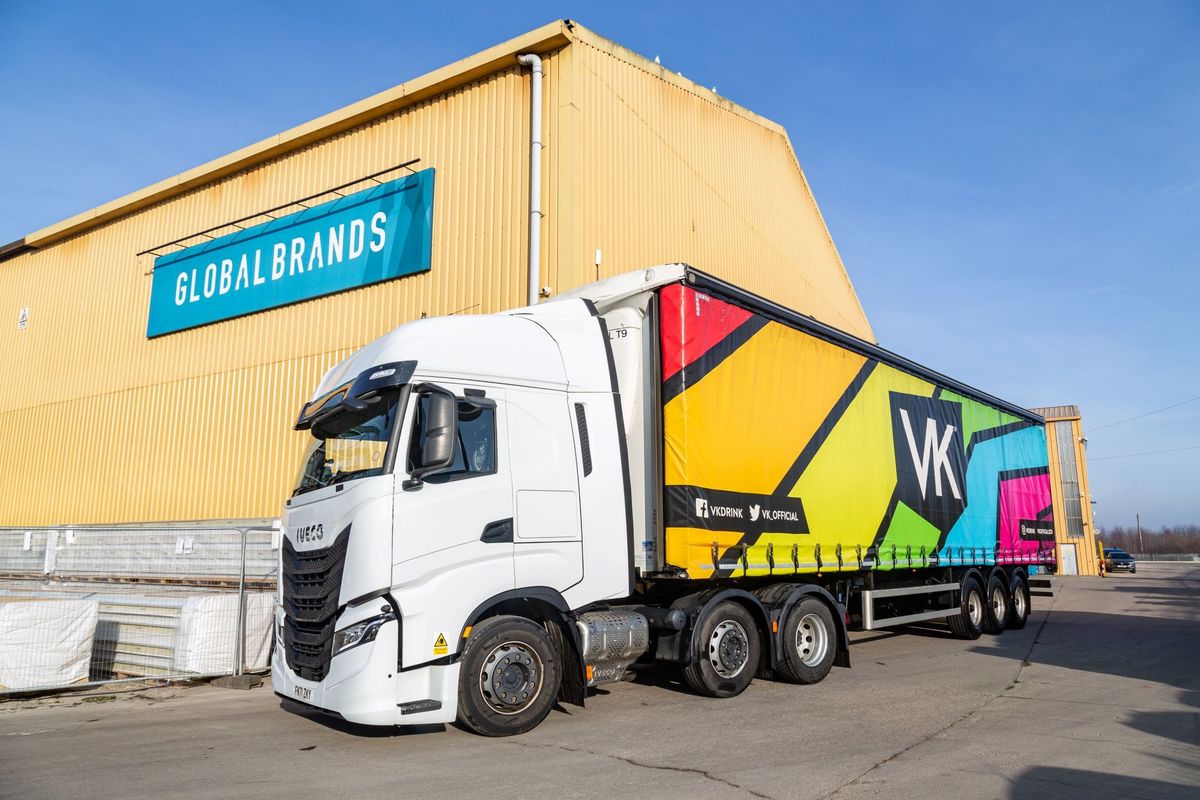Global Brands, the independent UK drinks company behind household names including VK, Hooch, Franklin & Sons, Shake Baby Shake and more, has committed to a sustainability journey to reach net zero in 2050.
The Derbyshire-based drinks business is the largest supplier of packaged cocktails to the UK off-trade with brands including VK and Shake Baby Shake, and resides over the second largest premium tonic brand in the UK on-trade, Franklin & Sons. They acquired Hooch, Hooper’s and Reef from Molson Coors earlier this year.
The sustainability journey for Global Brands commits to a path to net zero by 2050, with a 92 per cent reduction in emissions per £M turnover and the remainder offset. By 2030, Global Brands will have a 40 per cent reduction in emissions per £M turnover and the remainder offset.
The drinks business has achieved carbon neutral status this year, offsetting current carbon emissions while starting to reduce Scope 1, 2 and some of Scope 3 emissions.
Current carbon reduction strategies across the business include running operations from solar panels on the roof of the company’s 181,000 square foot warehouse, starting to switch the lorry fleet to HVO fuels, and commitments to reduce single use plastic across the business.
Key to the carbon reduction strategy is a focus on logistics and distribution – the main source of carbon emissions across Global Brands. By 2030, the entire lorry fleet will run on HVO fuels, and
Key to the strategy is carbon offsetting, by supporting several projects that compensate for emissions that can’t be reduced immediately. To achieve this, Global Brand are investing in wind power initiatives in several developing countries, reducing and removing emissions, creating jobs and improving livelihoods, reducing dependency on other countries for energy, and protecting natural resources. These projects are across North West Africa, the Dominican Republic, and India, and are managed through Verified Carbon Standard, the world’s leading greenhouse gas crediting program.
Across the Global Brands portfolio, 100 per cent of cans, plastic, and glass bottles are recyclable, with 90 per cent of brands utilising recyclable paper labels.
“At Global Brands, it’s our mission to continue creating and delivering delicious liquids and remarkable brands, enjoyed the world over," said Zehra Gezer, Head of Marketing Projects at Global Brands.
“Many of our products such as Hooch and VK, are easy-drinking beverages for partying and fun, and these shouldn’t come with an environmental impact.
“Likewise, sourcing and infusing the most remarkable ingredients from across the globe into every Franklin & Sons product, shouldn’t be at the expense of increased emissions.
“Across Global Brands, we do recognise that we operate in a significantly single use industry, with many products in our category prioritising convenience over sustainability. But having a good time and enjoying remarkable drinks shouldn’t be at the expense of the environment.
“We’re committed to reaching net zero by 2050, and this sustainability journey will underpin and encourage sustainable growth, especially as we continue to expand internationally and supply drinks that can be enjoyed the world over to more consumers.”


